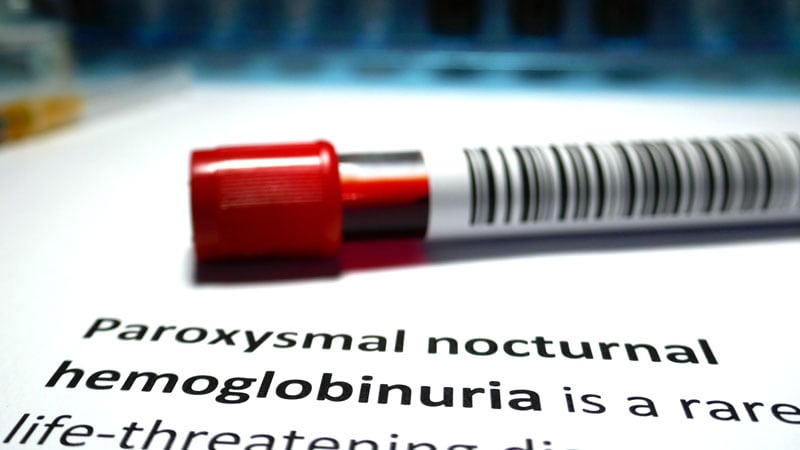Approval of Danicopan, a Novel Complement Inhibitor, for Paroxysmal Nocturnal Hemoglobinuria in Europe
The content discusses the approval of danicopan, a novel oral complement inhibitor, by the European Commission for the treatment of paroxysmal nocturnal hemoglobinuria (PNH). PNH is a rare, chronic, and progressive disease caused by a genetic mutation that leads to the expansion of abnormal blood cells deficient in glycosylphosphatidylinositol-linked proteins. This results in complement activation, intravascular hemolysis, and various complications such as thrombosis, infections, and bone marrow failure.
The standard treatment for PNH is complement blockade using anti-C5 monoclonal antibodies like ravulizumab or eculizumab. However, 10-20% of treated patients still experience clinically significant extravascular hemolysis and residual hemolytic anemia. Danicopan, a selective inhibitor of complement factor D, has been approved as an add-on therapy to the standard complement blockade to address this unmet need.
The approval is based on the results of the ongoing phase 3 ALPHA trial, which showed that the addition of danicopan to ravulizumab or eculizumab resulted in a statistically significant increase in mean hemoglobin levels at 12 weeks, along with reduced fatigue, anemia, and transfusion requirements. Danicopan was generally well-tolerated, with no serious adverse events reported.
Tilpas resumé
Genskriv med AI
Generer citater
Oversæt kilde
Til et andet sprog
Generer mindmap
fra kildeindhold
Besøg kilde
www.medscape.com
Europe Approves Paroxysmal Nocturnal Hemoglobinuria Drug
Vigtigste indsigter udtrukket fra
by Dr Sheena Me... kl. www.medscape.com 04-23-2024
https://www.medscape.com/viewarticle/europe-approves-paroxysmal-nocturnal-hemoglobinuria-drug-2024a10007tt
Dybere Forespørgsler
